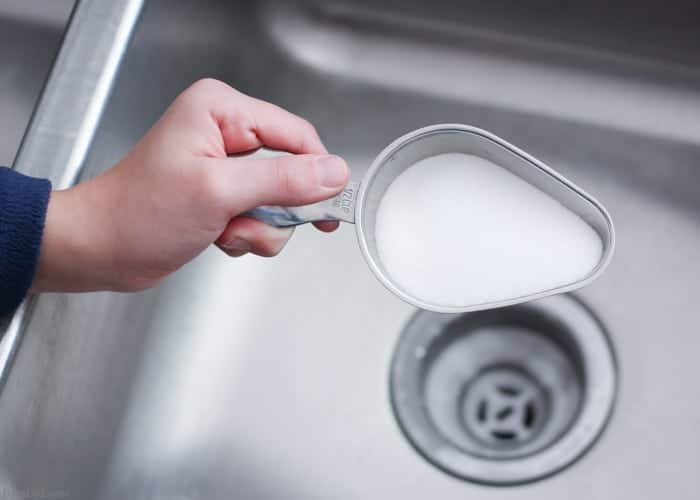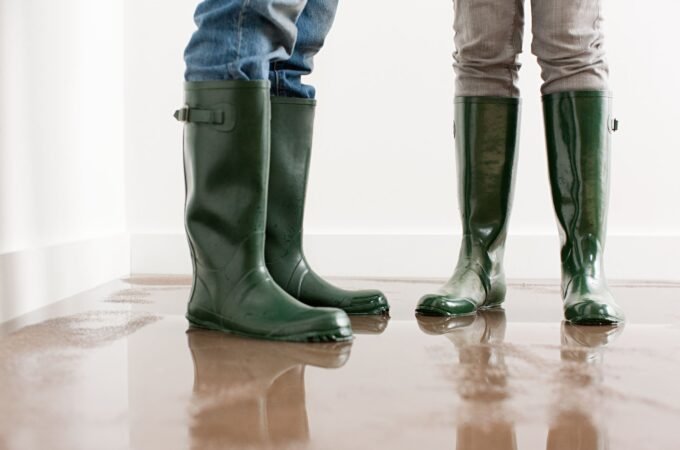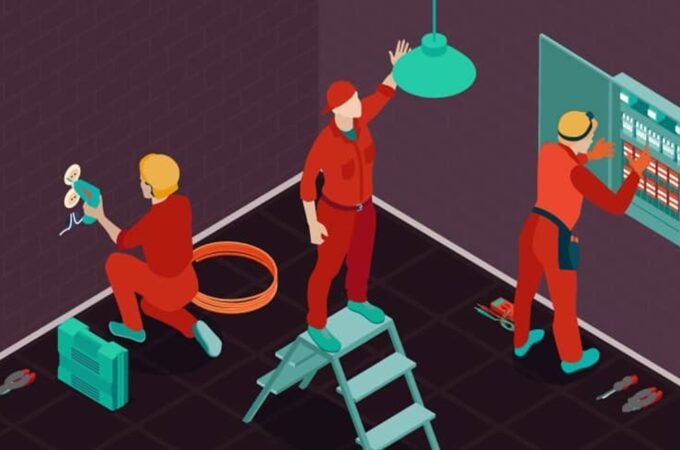
How To Prevent And Clean Clogged Drains
Preventing and cleaning drains can prevent worse baddies that require difficult and expensive jobs. Knowing how to unclog a drain helps you keep your plumbing system in good shape, which is why today we present you with unique tips to prevent and clean clogs.
Clogged drains are common household problems, and they take place primarily in the summer, as this is when we shower most often. Usually, our hair goes down the drain, but this is not the only cause of blockages, which in turn can cause mold, though mold abatement solves this issue.
Tips For Preventing Clogged Drains
Perhaps the best way to keep drains clean is by limiting the amount of stuff we put in them: forget about flushing solid food, strained coffee, and grease down the drain.
Food scraps can be turned into compost for your plants. In case you don’t want to, merely putting them in the trash can is better than the garbage disposal. And although the latter is made for that, it is better if you lower the appliance’s workload; not only will you have a disposer for a while, but it will prevent the drain from clogging.
Liquid grease tends to stay on the pipes’ walls and, as it solidifies, creates those annoying clogs that also need professional help. You can put the oil and fat in an airtight container and then throw it away.
For the shower drains, it is essential that no hair or foam falls. To do this, you can place a mesh collector for the drain, and this will collect both wastes and let the water run.
The collector should be made of silicone or stainless steel, so you will not change it regularly. You can also brush your hair before shower to remove as much hair as possible before you shower.
The sink and toilet are also susceptible to clogging, especially since products such as dental floss, feminine pads, and cotton tend to get flushed. It is best to throw them directly in the trash and thus avoid problems. Keep in mind that toilets can handle toilet paper.





